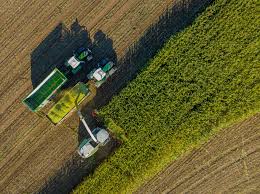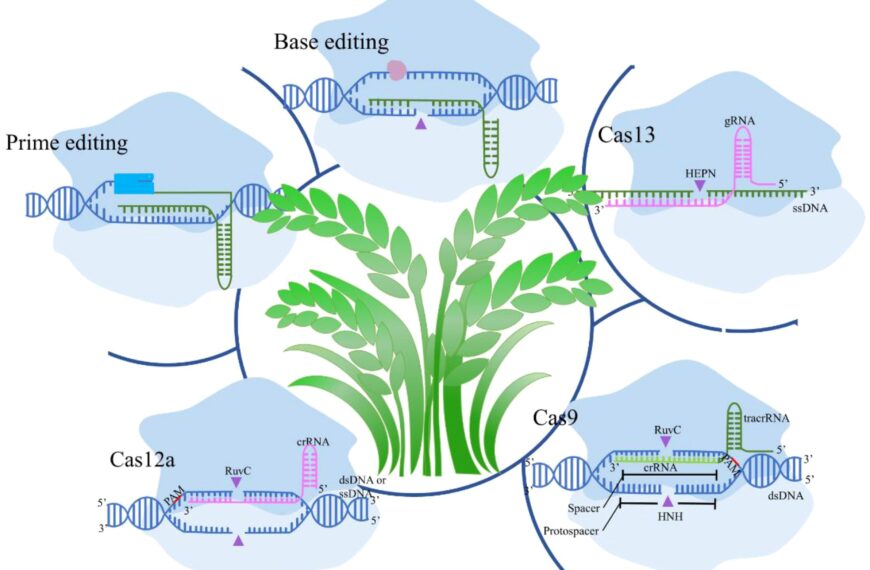
In a major step toward smarter and more transparent farming, Dr. Choudhury is spearheading a project focused on developing explainable artificial intelligence (AI) systems tailored for agriculture. The initiative aims to enhance transparency, build trust in AI applications, and support farmers in making informed decisions about crop management, resource use, and yield optimization.
While AI has been increasingly applied in agriculture for tasks such as crop prediction, irrigation planning, and pest control, many farmers and stakeholders face challenges in understanding how AI-generated recommendations are made. The explainable AI (XAI) approach seeks to address this by providing clear, interpretable insights into the reasoning behind algorithmic suggestions.
“Our goal is not just to provide predictions, but to make AI understandable and actionable for farmers,” Dr. Choudhury said. “By making AI systems explainable, we can ensure that farmers have confidence in the technology and can make better decisions that improve productivity and sustainability.”
The project integrates machine learning models with user-friendly explanations, allowing farmers to see how environmental conditions, soil data, and economic factors influence crop recommendations. This transparency is expected to foster wider adoption of AI tools in agriculture, particularly among small and marginal farmers who may be hesitant to rely on opaque technological solutions.
Experts note that explainable AI can also play a key role in promoting sustainable farming practices, as farmers gain clearer insights into optimal input usage, irrigation schedules, and pest management strategies. By understanding the rationale behind AI suggestions, farmers can reduce waste, lower costs, and minimize environmental impact.
The initiative aligns with broader efforts to modernize Indian agriculture through technology-driven innovation. With applications ranging from precision farming to crop disease detection, explainable AI has the potential to transform the way farmers approach cultivation, resource management, and market planning.
Dr. Choudhury’s project is expected to serve as a model for integrating transparency and accountability into AI systems, not just in agriculture, but across other sectors where decision-making relies heavily on data-driven technologies. By bridging the gap between advanced analytics and practical, on-ground implementation, the project promises to make AI a trusted partner for farmers nationwide.














